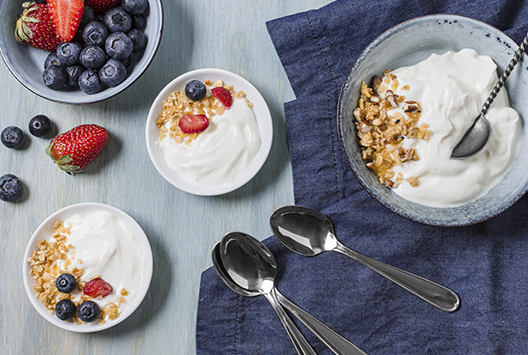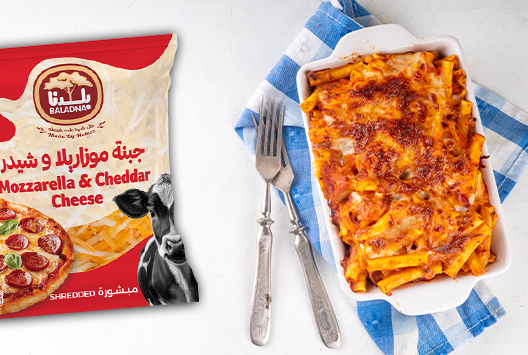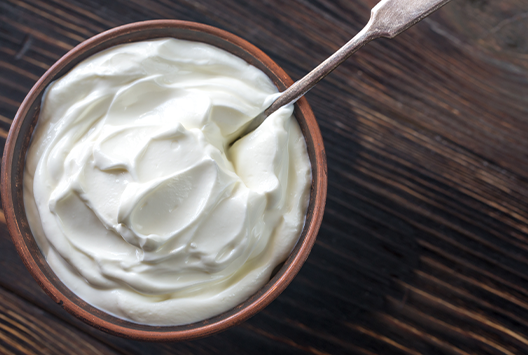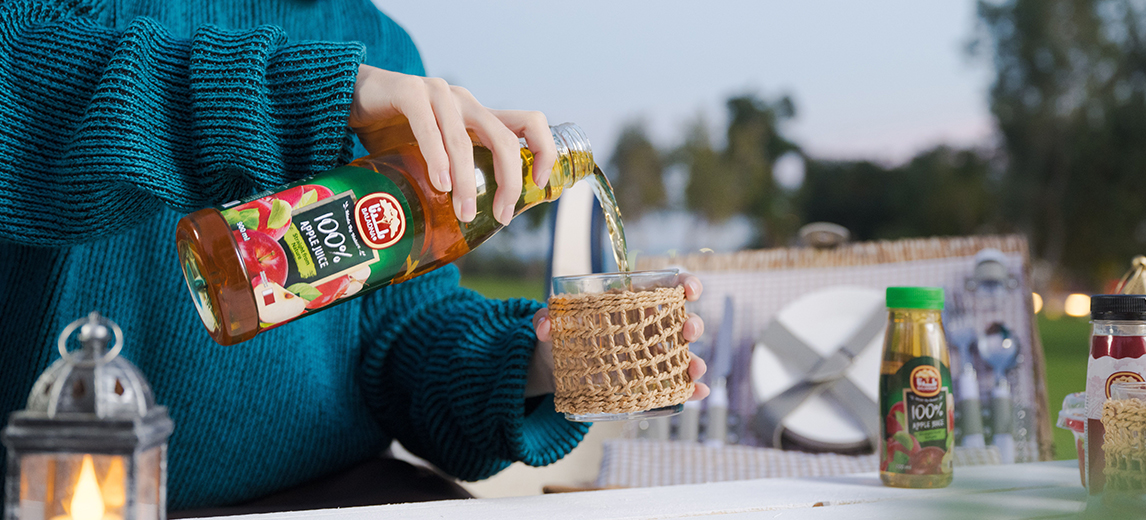
A Look At The Health Wonders of Yoghurt Consumption
Similar
Yoghurt is a dairy product made by adding special bacteria, like Streptococcus thermophilus and Lactobacillus bulgaricus, to milk. It is a thick, creamy food that’s high in both protein and calcium and popular in many cultures worldwide — and we know exactly why!
People can eat yoghurt in many different ways, and that’s why it’s a favorite among many. Some prefer it plain, while others favor flavored variants. But no matter which type of yoghurt you choose, you will always get the health benefits it provides. Read on to see what these health benefits are:
1. Happy tummy: Yoghurt is packed with probiotics
Probiotics are beneficial bacteria that live in our digestive systems and help promote a healthy gut. Yoghurt is one of the best sources of probiotics, containing beneficial bacteria that help maintain a balanced gut flora, improve digestion, reduce inflammation, and boost immunity.
2. Strong bones, wide smiles: Calcium is yoghurt's secret weapon
Yoghurt is an excellent source of calcium, a mineral that is essential for strong bones and teeth. Studies have shown that yoghurt consumption is associated with higher bone mineral density, crucial for preventing osteoporosis and other bone diseases and conditions. Yoghurt is also an excellent source of vitamin D, which helps the body absorb calcium.
3. Diabetes defense: Yoghurt helps keep your blood sugar in check
Studies have shown that yoghurt consumption is associated with a lower risk of developing type 2 diabetes and a lower risk of developing metabolic syndrome, a cluster of symptoms increasing the chances.
The probiotics in yoghurt may help reduce inflammation, a factor that contributes to the development of type 2 diabetes. Additionally, yoghurt is a good source of protein and can help regulate blood sugar levels, which can help reduce the risk of type 2 diabetes.
4. Snack smart, snack slim: Yoghurt can aid in weight-loss
Yoghurt is an excellent snack for people trying to lose weight. It is low in calories and rich in protein, calcium, and probiotics, which can help with digestion and overall health. On top of all that, it’s super convenient for those who lead a fast-paced lifestyle.
When choosing yoghurt for weight loss, there are a few things to consider. First, look for low-fat or non-fat yoghurt. Also, check the label for added sugars, as these can add a lot of extra calories. Also, look for yoghurt with active cultures to promote digestion.
5. Post-workout snack: Your ultimate recovery potion
Yoghurt is a great snack after a workout because it helps to replenish lost electrolytes and provide protein for muscle repair. The probiotics in yoghurt also help to reduce inflammation and aid in digestion. Additionally, yoghurt is an excellent calcium source, which helps keep bones strong.
It’s a superfood and it’s called yoghurt!
As you’ve probably now realized, yoghurt is great for one’s health. The superfood is an excellent choice for those looking to lose weight or improve their overall health. However, remember to eat a balanced diet to reap the benefits of yoghurt better.
Baladna is a dairy farm based in Qatar. As a 100% Qatari-owned company, we focus on serving our customers fresh, high-quality dairy products they can enjoy with family and friends. Check out our wide range of products available on our website today!



